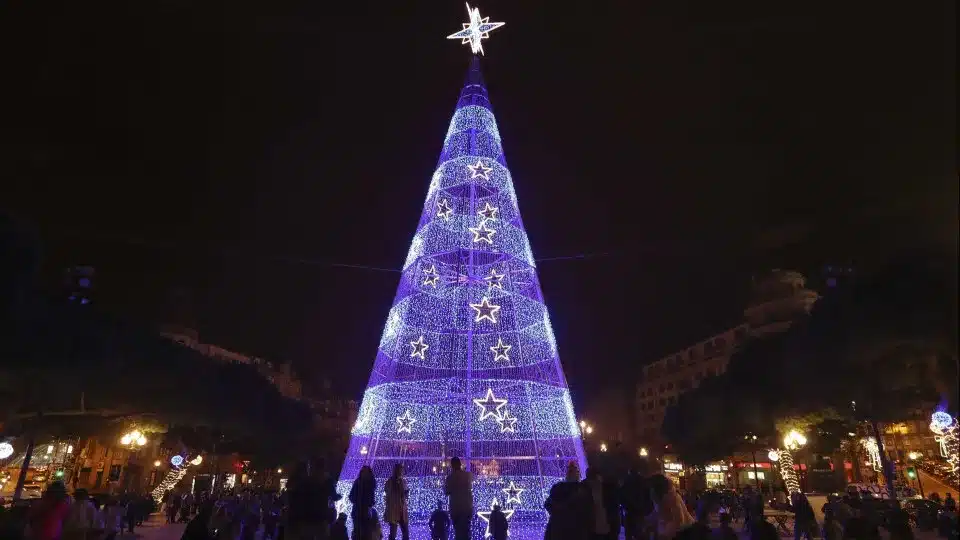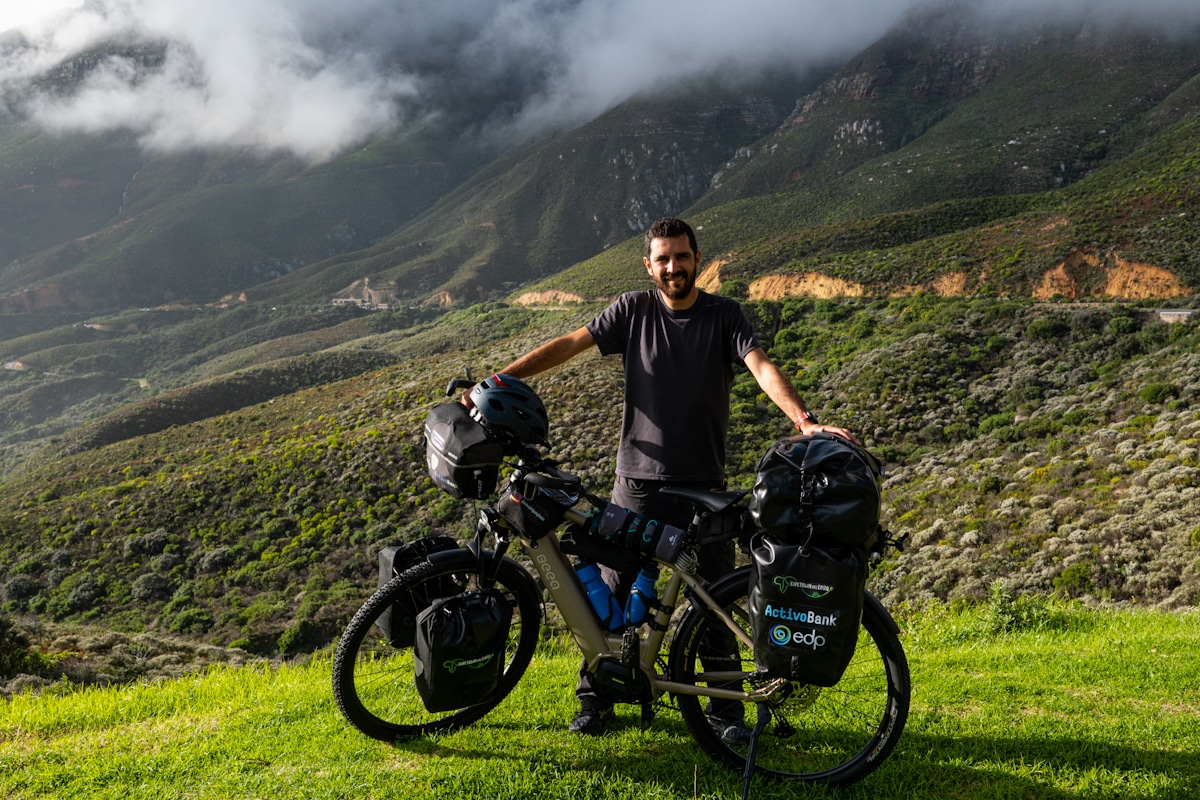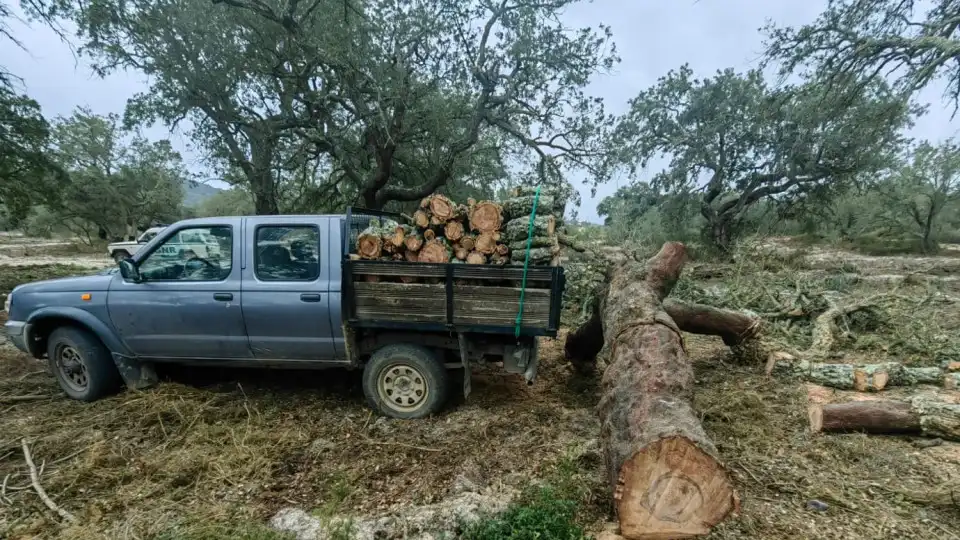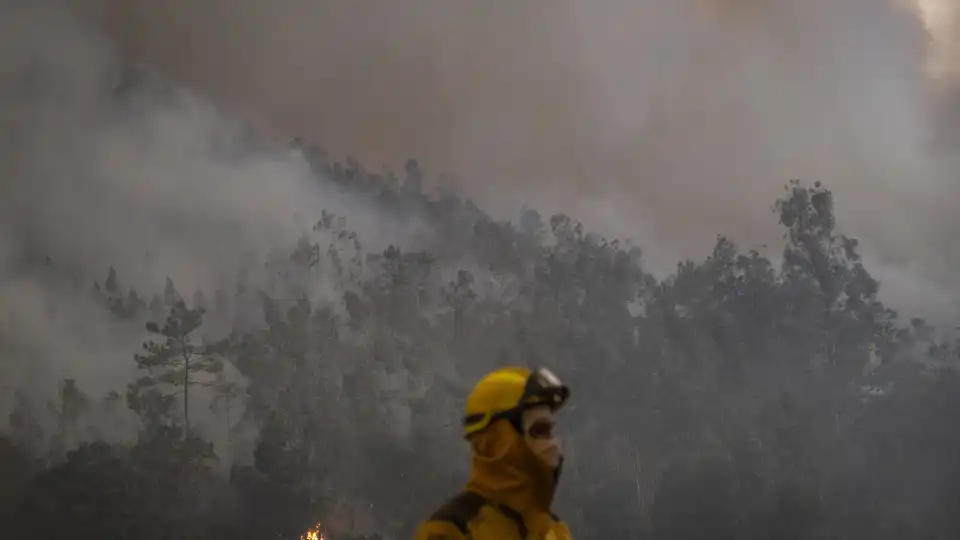Portuguese photojournalist Daniel Rodrigues has embarked on a journey across Africa on an electric bicycle, to prove that it is possible to travel far beyond one’s own doorstep using a clean mode of transport.
The idea came to him – in fact, it had been there, in his subconscious, deep inside him, for years – after reviewing the documentary series starring Scottish actor Ewan McGregor and, more importantly, after the third season. If in the first, the actor had ridden around the world with his friend Charley Boorman and South Africa from north to south on one of the most powerful motorcycles, he was now touring South and Central America on a Harley-Davidson electric prototype.
“That’s when it hit me,” Daniel tells Around the World, with a few kilometers (and a lot of wind-driven rain) of South Africa in his legs. He had to do the same, as he makes a living from freelance reporting and regularly publishes in the New York Times.
Indeed, while working for this newspaper, he had accompanied a company that organizes bicycle trips, and had seen a different Africa from the one that had always enchanted him, “since the days of The Lion King”, he laughs. “I realized that the best way to get to know Africa is by bike. You don’t go as fast as in a car or on a motorcycle, and you have more chance of meeting people.
Africa has always fascinated the photojournalist, and it was with a photograph of the continent’s first great adventure that he emerged from obscurity to win the World Press Photo prize. The electrical challenge had to go through Africa, as there was no record of any other such expedition.
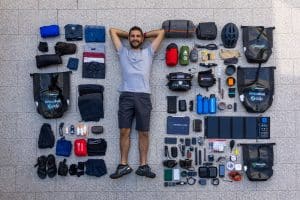
Daniel spent months looking for partners and studying itineraries, bureaucracy, locations, kilometers from here to there, dirt and tar roads, places that would guarantee the recharging of the bike’s batteries, the best weather (for him and for the batteries) – in short, a titanic task that would take him from Cairo to Cape Town.
Until the Sudanese army and the paramilitaries who support it, caught up in their heartbreak, blew up the country and Daniel’s plans, leaving a trail of death along the way that the world seemed to ignore. “In two weeks, I had to turn back on a road that had taken months to build”.
He decided to leave Cape Town, South Africa, to give time and the warlords time to reach an agreement that would reopen Sudan’s borders. “Hope is the last thing to die, and there are still many months to go before I arrive, and what matters is that the borders are open,” he says, estimating that he will cover 80 to 100 kilometers a day, which he will only do if his legs allow.
“Even though I’ve studied everything, that doesn’t mean I’ll adhere strictly to it,” as everything will depend on physical condition. “It’s not a race and I’m not a cyclist, I’m a photojournalist.
With luggage, you need four months of intense training on a normal bike, always at high speed and pulling more than 25 km/h. In comparison, here it’s a lot less pulling because I have the assistance of the bike. In comparison, here, there’s a lot less traction because I have the assistance of the bike”.

And it’s important to talk about it. This is an E850 Trekking from Beeq, one of the brands sponsoring the challenge, which Daniel received as a prototype. He chose it for a very sincere reason: “I wanted it to be 100% Portuguese”.
Today, he’s afraid it’s going to happen. By turning back, he’s endured the South African winter and knows he’ll have to deal with damaging temperature swings for the batteries when he enters Namibia. “I brought a thermal blanket to wrap the batteries overnight…”.
After the “stress” of sending his traveling companion back to the starting point and clearing customs in a country plagued by bureaucracy, Daniel has 14,000 kilometers and ten countries ahead of him. South Africa, Namibia, Botswana, Zambia, Malawi, Tanzania, Kenya, Ethiopia, bloody Sudan and, finally, seven months later, Egypt.
Ten countries plus one: Rwanda, where he will be documenting a project to promote access to clean energy run by one of the sponsors, EDP.

The whole trip will also serve to “document various sustainability-related projects” and contribute to the fight against climate change. “A lot of people talk the talk but don’t walk the walk. If I can cross Africa with a minimal ecological footprint, on an electric bike, there’s no excuse for those living in a European city not to be able to get to work with an electric mode of mobility.
We can only wish Daniel Rodrigues good luck – and good legs!

